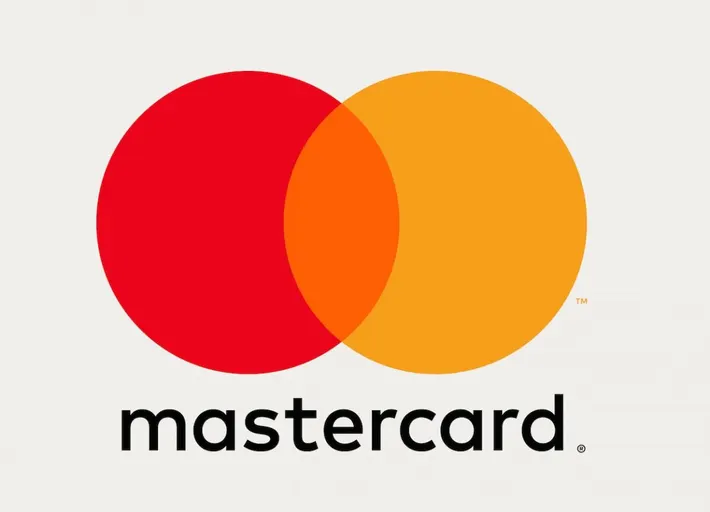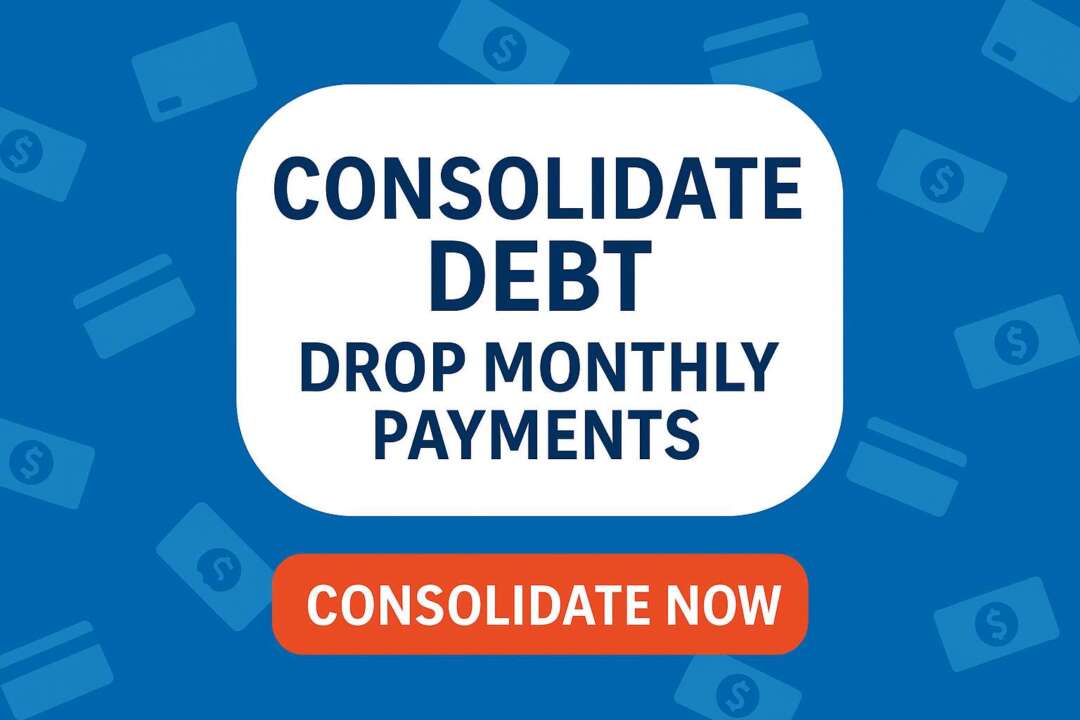Behavioral psychology and personal finance
The Status Quo Bias! This is the third article in our behavioral psychology series by Jonathan Walker, Co-Author of Anchors, Ostriches, and a HotPair of Scissors: Navigating Human Behavior as a Financial Professional. In this series Jonathan will help you understand how your brain deals with personal finances. Understanding these principles will help you manage your money and possibly avoid common but costly mistakes. Here is the full series:
- How to recruit your brain to help with better personal finances
- When being hot can hurt your personal finances
- How doing nothing can blow up your personal finances
- How to use mental accounting to improve your personal finances
- How too many choices can ruin your personal finances
- How anchoring can hurt your personal finances
- How an ostrich can destroy your personal finances
How doing nothing can blow up your personal finances, the status quo bias
The status quo bias, a concept in behavioral psychology (or behavioral economics), can potentially harm our personal finances in several ways. The bias refers to our tendency to prefer the current state of affairs and resist change, even when it may not be in our best interest. In other words, doing nothing can really blow up our finances.
There are several ways in which this bias towards the status quo can hurt our personal finances:
Inertia in financial decision-making
The status quo bias can lead to inertia, causing us to stick with our current financial products or services without considering better alternatives. For example, we might continue using a high-fee bank account or credit card simply because we’re accustomed to it, even though there are better options available. This inertia can result in missed opportunities for savings or improved financial outcomes.
Suboptimal investment strategies
Investors affected by the status quo bias may resist rebalancing their investment portfolios or exploring new investment opportunities. They may be reluctant to sell underperforming investments or make changes to their asset allocation, even when it’s necessary for long-term financial growth. This bias can prevent individuals from optimizing their investment strategies and potentially lead to missed returns.
Acceptance of high expenses
People may develop a sense of complacency regarding their spending habits and accept high expenses as the norm. The status quo bias can make it difficult to break free from costly habits, such as overspending, recurring subscriptions, or unnecessary services, even if they strain personal finances. Challenging the status quo can be crucial for identifying areas where expenses can be reduced and savings can be increased.
Failure to shop around
The status quo bias can discourage individuals from shopping around for better deals and prices. Whether it’s insurance policies, utility providers, or everyday purchases, sticking to the current provider or retailer without exploring alternatives can lead to paying more than necessary. By actively seeking out better options, individuals can save money and make more informed financial choices.
Missed financial planning opportunities
The status quo bias can hinder proactive financial planning. Individuals may postpone important actions such as creating a budget, saving for retirement, or establishing an emergency fund due to the comfort of the existing financial situation. This delay can hinder long-term financial security and limit the ability to achieve financial goals.
Recurring fees
We all know why companies offer free introductory periods on subscriptions. They expect us to forget about the monthly charge or resist making a change once it’s in place. If they can get into our budgets, the status quo bias might mean that we don’t go back and cancel subscriptions that we are no longer using, or not using enough to warrant the expense. Don’t let the status quo bias keep you from saving money.
To mitigate the negative effects of the status quo bias on personal finances, it’s important to cultivate awareness and actively challenge the default option. Regularly review financial decisions, seek alternatives, compare options, and consider the potential benefits of change. By breaking free from inertia and embracing a proactive approach, individuals can improve their financial well-being and make decisions that align with their goals and values.























